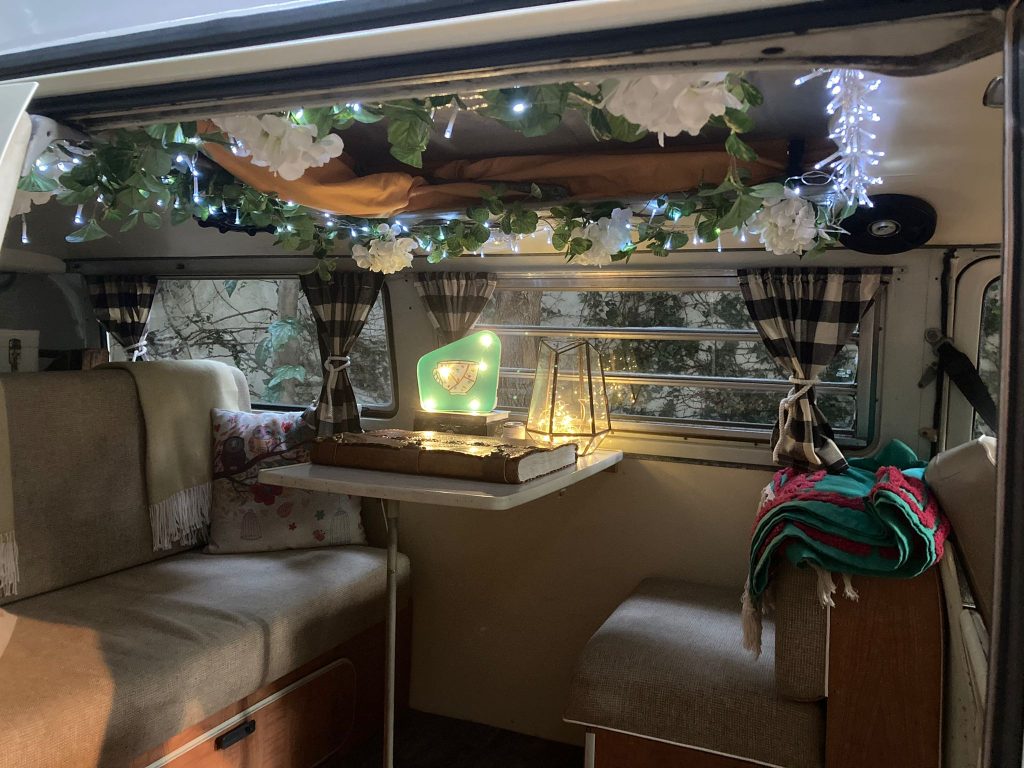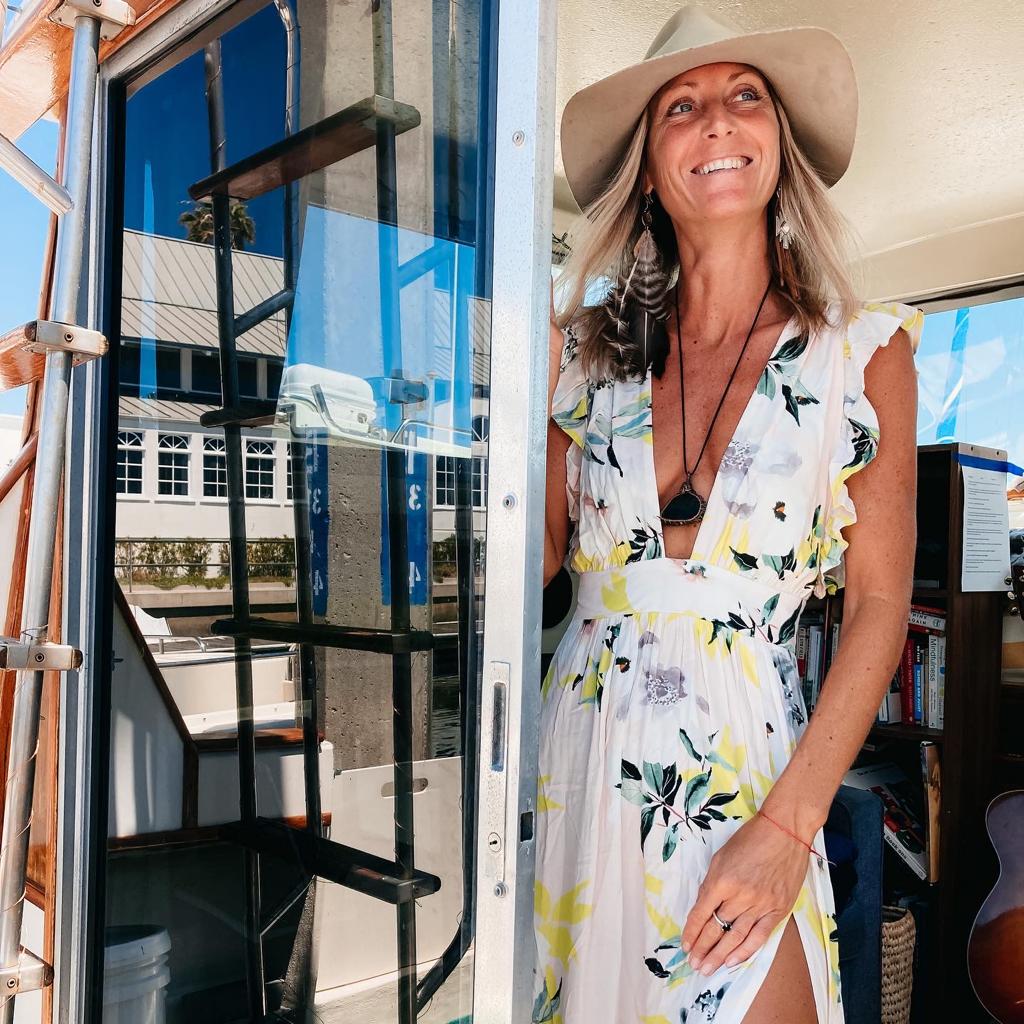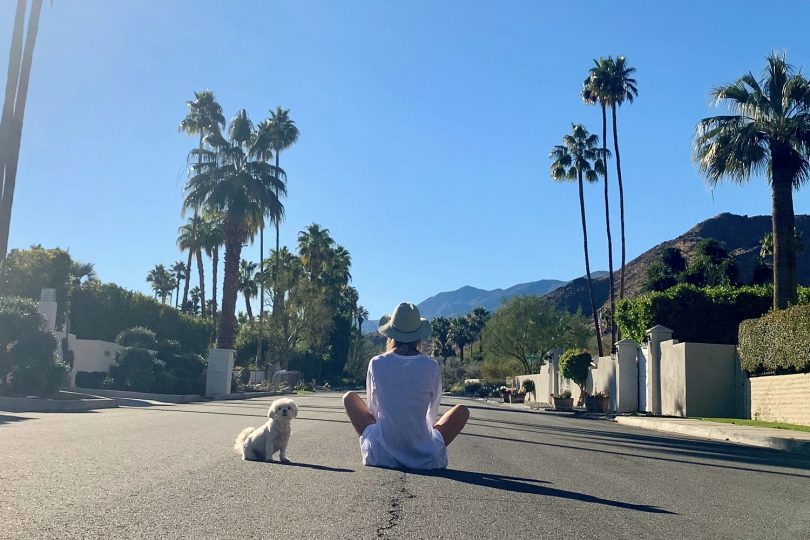When I make my first film, then I will be happy.
When I join the members club, then I will be happy.
When I meet a partner, then I will be happy.
These are just a few of the statements that I’ve made over the years. They are all true to a degree, but what I didn’t realise was that they wouldn’t provide me with an end goal of happiness. Happiness is a movable state, not the end place that I believed it was.
I have found happiness in the past. In truth, I find it every day. It can last a while, or it can be immediate, short-lived. Happiness is an ever-changing, emotional state of well-being, contentment, characterised by feelings of joy, satisfaction, and fulfillment. So where, when, and how do we find happiness?
Smiling is infectious, you catch it like the flu, when someone smiled at me today I started smiling too.
A Smile by Spike Milligan
Take the time to actually think about what makes you happy.
Is it being around friends or family? Meeting new people? Traveling? Something as simple as having a slice of chocolate cake?
An Ipsos survey suggests that “on average across 30 countries, two in three adults consider themselves ‘happy’”.
It has been found that the single biggest predictor of human happiness is the quality of a person’s relationships.

So then is it all about our bonding and connecting?
I’m writing this article now feeling happy; happy because today I journeyed to a sunny, warm, clean, safe environment. I spoke to many people, discussing my future and past projects as a director. I connected with new people at a members’ club I’m a part of, but, important to mention, I also took the time to sit on my own, writing and being creative.
I feel blessed and grateful today. To me those are the qualities and states that allow me to feel happiness.
However, I have to work hard at being happy. I have to keep myself in touch with my feelings and remind myself how blessed I am, remembering that I have my health and enough money to live.
I have the “freedom” to feel happy.
Every day I overcome feelings of insecurity, panic, overwhelming fear, loneliness, worry. I have to work through my mental checklist of why those feelings don’t make sense. I sit with them, then I rationalise it all. I remind myself of what my happiness is, an ever-changing state that keeps growing and developing. It’s okay to accept that what made me happy yesterday won’t make me happy today, because I’ve grown and changed. This will continually happen. So, I do constant check-ins to remind myself what is important in my current state. There are always certain things that make me happy, no matter what’s going on in my day, which I can turn to for a boost when I need to. My dog and her kisses. My amazing daughter. The beautiful place I am privileged to live.
It’s important to remember those constant things that ground us and take us back to that state of happiness. It can be as simple as a sunset, a photo, a memory, getting up and dancing randomly. Remind yourself to revisit these on a regular basis to help give you a serotonin level boost and regulate your levels of happiness.
We must continually check in with ourselves in the present moment:
What makes you happy?
What brings you joy?
What are you grateful for?
The purpose of our lives is to be happy.
~Dalai Lama
I’ve learned that I’m most happy when I have a purpose. This feeling of happiness is not just an immediate surge, but also a longer effect. It drives me further in life. On top of this longer burn, smaller short bursts of happiness filter into my life: a hug, a smile from a stranger, a nice text, a job offer for my next film, some good news, a moment just sitting on my boat and watching the sea lions.
Over the years I have found that I am the one responsible for creating my own happiness. I cannot wait for others to make me happy. I must use my own toolkit to navigate life in a way that drives me towards happiness and helps me steer clear of negative spaces, of thoughts and things that make me unhappy and sad. It’s just as important to recognise what makes us unhappy and sad, in order to actively try to avoid them when possible.
Moving forward, try asking yourself each day: What makes you happy?

Then dive in deeper. Discover your levels of happiness and how long those feelings last for. Is it a quick feeling and then it dissipates or is it a slow burn?
Once we have our happiness toolbox, we can then be responsible for our own happiness and, hopefully, give off happy energy that might positively affect other people and subconsciously put them in a good mood. It’s important to remember we are not responsible for other’s happiness, but we can definitely assist in making the world as a whole a happier place by being happy ourselves.



